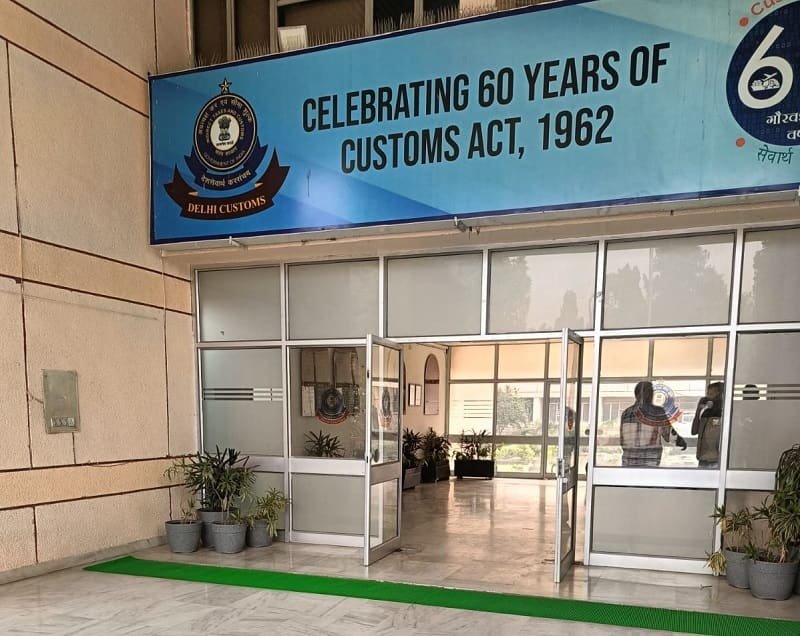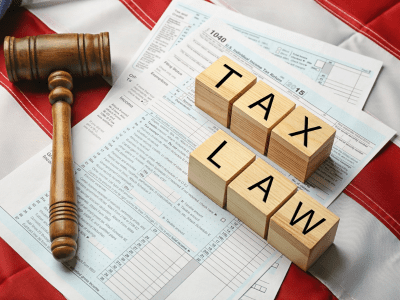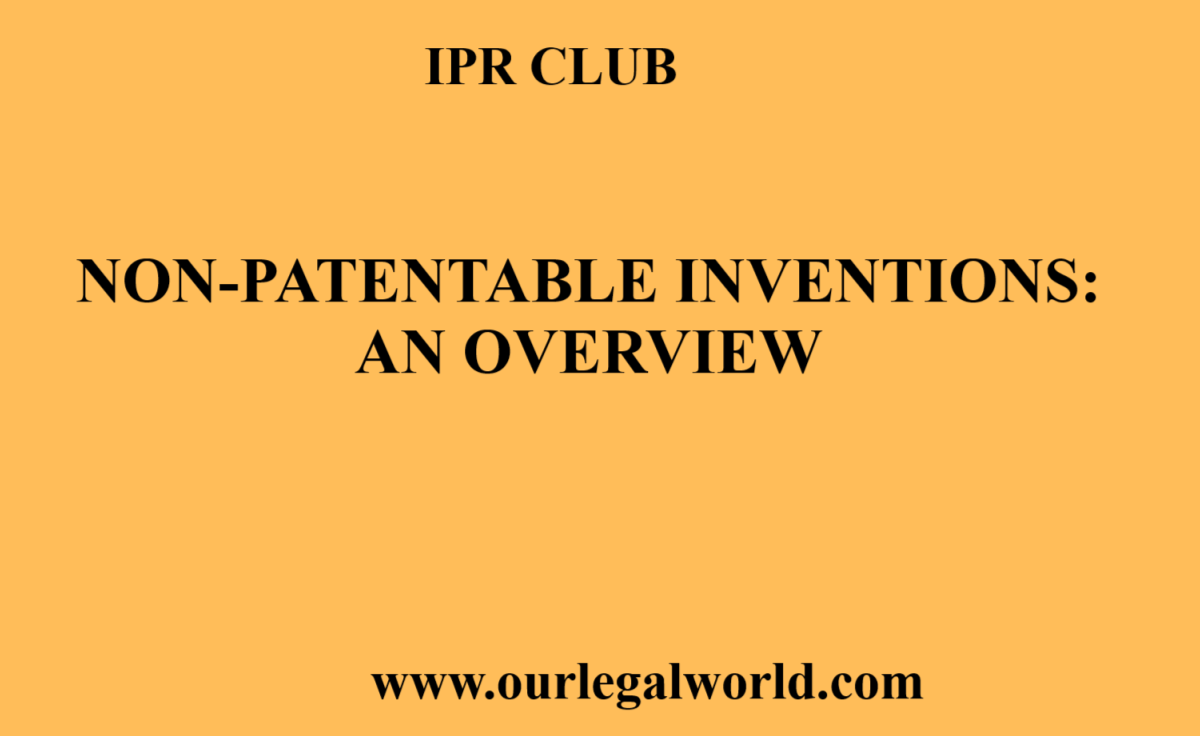What to Do After a Car Crash in Australia
Car crashes can be traumatic and overwhelming, but knowing the essential steps to take immediately after an accident can significantly impact your safety and legal rights. According to the Bureau of Infrastructure and Transport Research Economics, there were approximately 1,194 road deaths in 2022 in Australia, a 5.8% increase from the previous year. Although this statistic highlights the severity of road incidents, it’s crucial to remember that many more people are injured rather than killed in crashes. This guide outlines the essential actions to follow if you find yourself in a car accident in Australia, helping you navigate the complexities of the aftermath and ensuring your well-being and legal protection.
Ensure Safety and Assess Injuries
The first priority after a crash is safety. Check yourself and others for injuries. If anyone is injured, call emergency services immediately by dialling 000. Even if injuries seem minor, it is crucial to get medical assistance, as some injuries might not be immediately apparent.
Move to a Safe Location
If it’s safe to do so, move your vehicle to the side of the road to prevent further accidents. Turn on your hazard lights to alert other drivers. If the vehicles cannot be moved, stay inside with your seatbelt fastened until help arrives.
Report the Accident
In Australia, you are required to report the accident to the police if:
- There are injuries or fatalities.
- The property damage exceeds $3,000.
- A vehicle needs to be towed.
- The other driver fails to stop or exchange details.
Provide accurate information and follow the instructions given by the authorities. Obtain a copy of the police report, as it will be essential for insurance and legal purposes.
Exchange Information
Collect the following details from all parties involved:
- Names, addresses, and contact numbers.
- Driver’s licence numbers.
- Vehicle registration numbers.
- Insurance details.
Also, gather contact information from any witnesses. This information will be vital when filing an insurance claim or seeking legal assistance.
Document the Scene
Take photos of the accident scene, including vehicle damage, road conditions, and any relevant traffic signs. Detailed documentation can provide crucial evidence if disputes arise later. Note the time, date, and location of the accident, as well as the weather conditions.
Notify Your Insurance Company
Contact your insurance provider as soon as possible to report the accident. Provide them with the collected information and any photos you took. Be honest and thorough in your account of the incident. Your insurer will guide you through the claims process and inform you of any additional steps you need to take.
Seek Legal Advice
Navigating the aftermath of a car crash can be complex, especially when dealing with injuries and insurance claims. It’s best to seek help from a specialist motor vehicle accident lawyer. They can offer advice on your rights, assist with personal injury claims, and ensure you receive the compensation you deserve.
Follow Up on Medical Care
Even if you initially feel fine, it’s important to see a doctor after a car accident. Some injuries, such as whiplash or internal injuries, might not present symptoms immediately. Follow your doctor’s advice and keep records of all medical treatments and expenses, as these will be important for your compensation claim.
Stay Informed and Updated
Keep track of all correspondence with your insurance company and legal advisors. Maintain a file with copies of all reports, receipts, and communications related to the accident. Staying organised will help streamline the process and reduce stress.
Understand Your Rights
It’s crucial to familiarise yourself with your rights following a car accident. You may be entitled to compensation for various losses, including medical expenses, lost wages, and other damages related to the accident. This compensation can help cover costs associated with injury treatment, rehabilitation, and any financial impacts from missing work. Understanding your rights allows you to make informed decisions, negotiate effectively with insurance companies, and ensure that you receive the full compensation you deserve.
Conclusion
A car crash can be a daunting experience, but knowing what steps to take can significantly ease the process. Prioritise safety, document everything, and seek professional assistance to navigate the legal and insurance complexities. By following these guidelines, you can protect your rights and focus on your recovery.




![Jamia Hamdard Mediation Competition 2025 at School of Law, HILSR [21st February 2025]](https://ourlegalworld.com/wp-content/uploads/2024/12/Screenshot-11-min-1.png)


